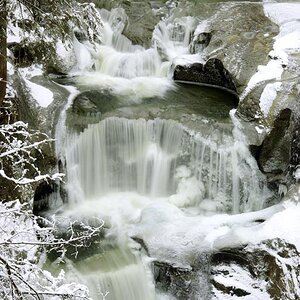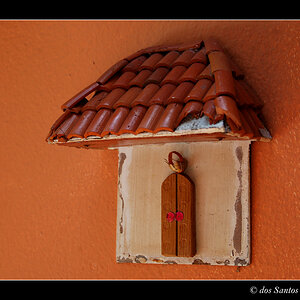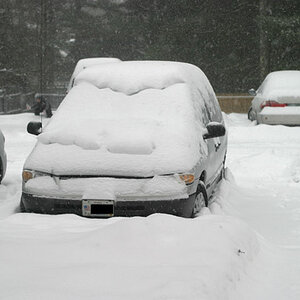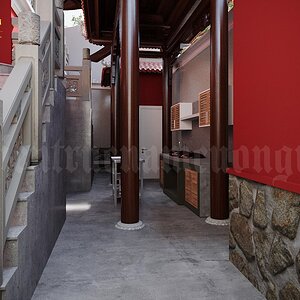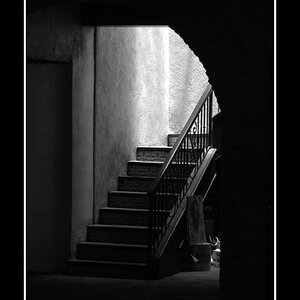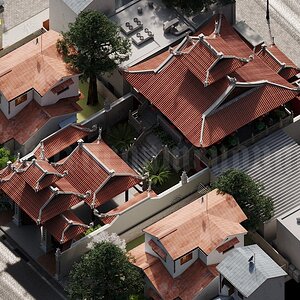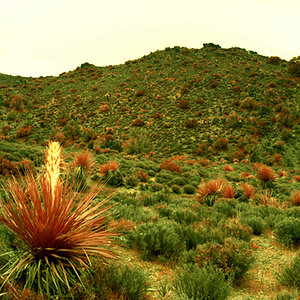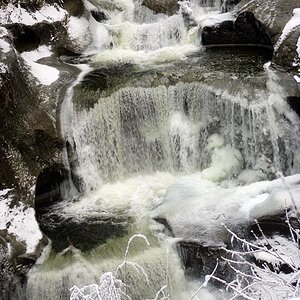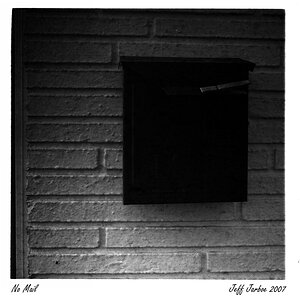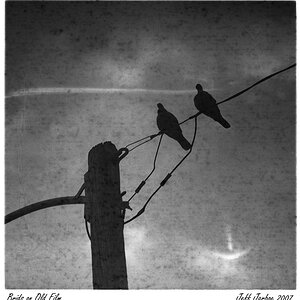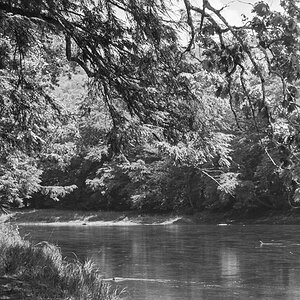Arch
Damn You!
- Joined
- Jan 21, 2006
- Messages
- 8,487
- Reaction score
- 103
- Location
- locked in the attic
- Can others edit my Photos
- Photos NOT OK to edit
No, that is a professional's opinion, one which is totally supported by professional wedding togs over here, I don't know any at all shooting jpeg for critical work.
I respect your opinion, but i don't agree here, as stated i know a few Pro wedding photogs who shoot mainly Jpeg, i think thier work is rather good, but they have been doing it for many years.
Again, look at the similarities from years ago shooting film, you can still edit jpegs and produce good results, not every shot will need major work. In the same way, when film was used, not every shot was taken into the darkroom, dodged, burned etc. People underestimate what modern files can provide.
I don't reckon having a format which deteriorates with every opening to be conducive to good photographic practice and stick with the view that only a lazy pro will shoot in jpeg.
Here you are misinformed, Jpegs do not deteriorate with every opening.
Tbh, the more i read the last staement form the OP, the more this just sounds like the photog just not wanting to part with RAW files.
Him saying 'this photographer has agreed to only giving us JPEGs'... doesn't mean he always shoots weddings in jpeg... and even if he has said that, i think it is more likey that he just wants a reason not to have to hand the RAWs over.


